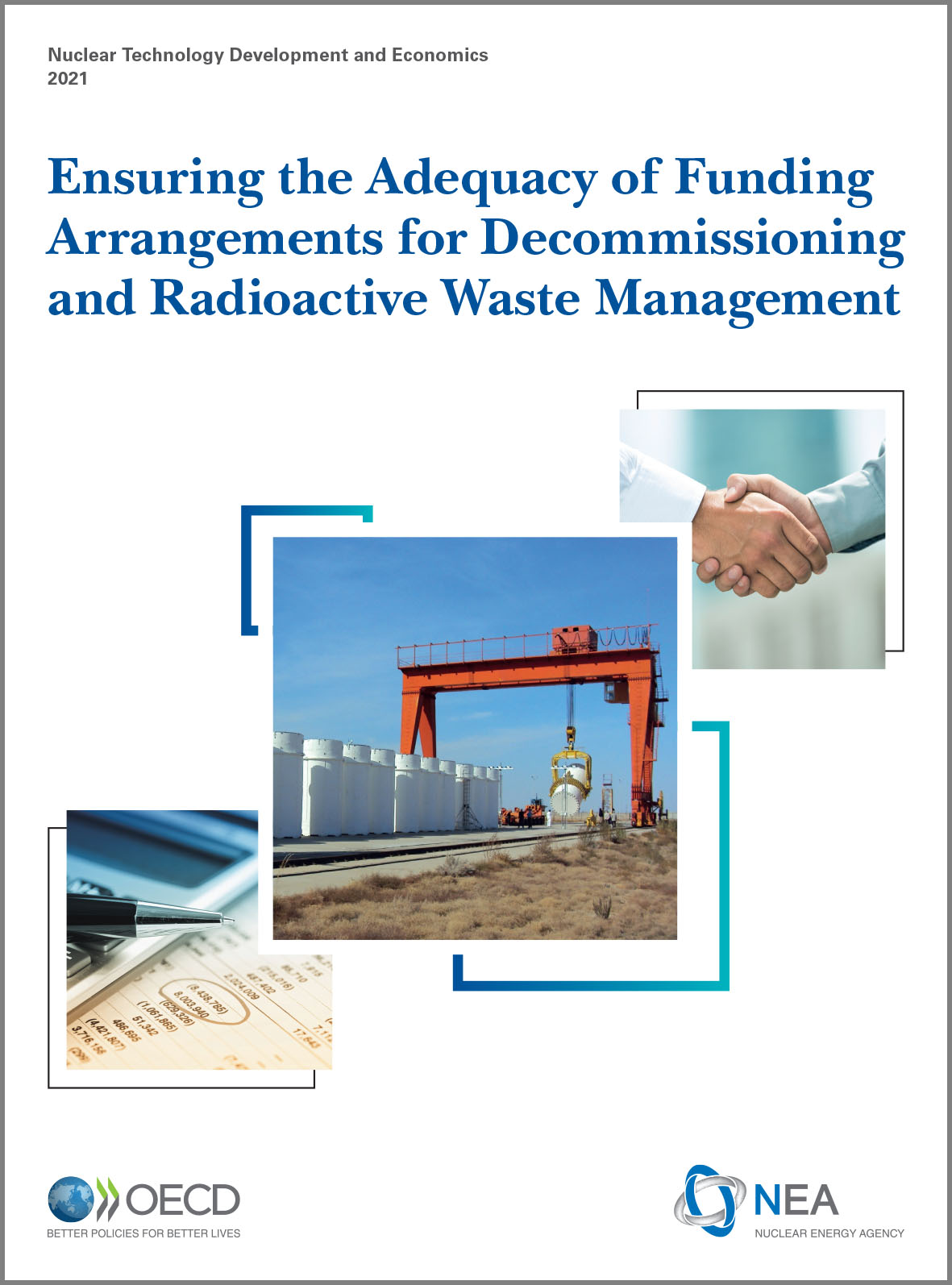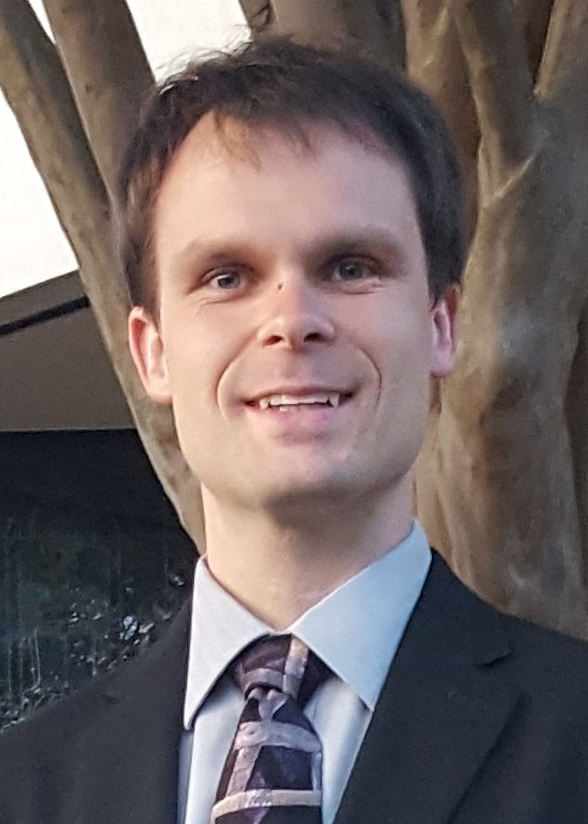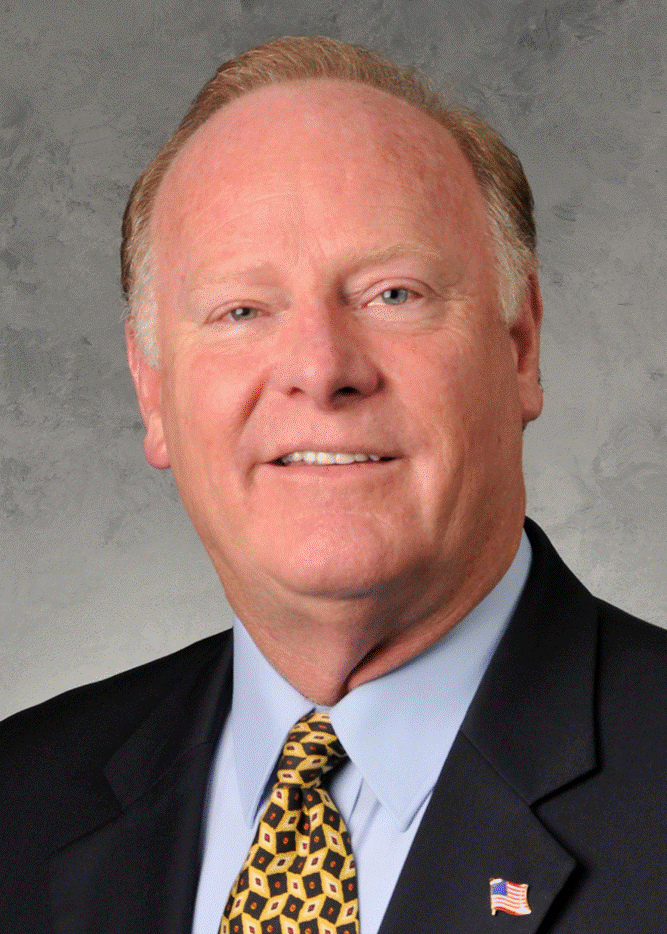A train pushes a container full of old equipment from H Canyon to a Savannah River Site disposal facility to make way for a new spent nuclear fuel dissolving campaign. (Photo: DOE)
The Department of Energy is preparing for an upcoming campaign to dissolve stainless-steel-clad spent nuclear fuel at its Savannah River Site in South Carolina by installing a new dissolver and an additional double-sized tank for storing dissolved material.
Centrus’s American Centrifuge Plant, in Piketon, Ohio. Photo: Centrus Energy
Centrus Energy Corporation has announced that the Nuclear Regulatory Commission approved the company’s license amendment request to produce high-assay low-enriched uranium at its Piketon, Ohio, enrichment facility. The Piketon plant is now the only U.S. facility licensed to enrich uranium up to 20 percent uranium-235, and it is expected to begin demonstrating HALEU production early next year, according to Centrus.
June 18, 2021, 12:06PMUpdated June 18, 2021, 4:50PMNuclear News The Byron nuclear power plant.
Exelon on June 16 filed with grid operator PJM Interconnection to deactivate the two Byron reactors in Illinois. The move came one day after the Illinois Senate adjourned without reaching an agreement on a comprehensive energy package that would have provided nearly $700 million to keep Byron’s reactors, as well as Exelon’s Dresden and Braidwood nuclear power plants, in operation. (In August of 2020, Exelon announced that it would close the economically challenged Byron and Dresden facilities in the fall of 2021 without some form of state aid to provide compensation for their clean power.) The state’s House of Representatives also adjourned earlier this week without taking up the bill.
What role will nuclear play in meeting clean energy goals?
The 2021 ANS Annual Meeting brought together three leading chief executive officers from the nuclear industry on June 16 for a discussion centered on the future role of nuclear energy deployment and the challenges of portfolio management during a time of net-zero carbon goals.
ITER CS Module 1 (shown here at right with the General Atomics fabrication team) is being loaded onto a specialized heavy transport vehicle for shipment to Houston, Texas, where it will be placed on a ship for transit to France. (Photo: General Atomics)
After a decade of design and fabrication, General Atomics (GA) is preparing to ship the first module of the central solenoid—the largest of ITER’s magnets—to the site in southern France where 35 partner countries are collaborating to build the world’s largest tokamak and the first fusion device to produce net energy.


 A report by the OECD Nuclear Energy Agency proposes a new approach to assessing the financial adequacy for undertaking nuclear decontamination and decommissioning projects and high-level radioactive waste management.
A report by the OECD Nuclear Energy Agency proposes a new approach to assessing the financial adequacy for undertaking nuclear decontamination and decommissioning projects and high-level radioactive waste management.







